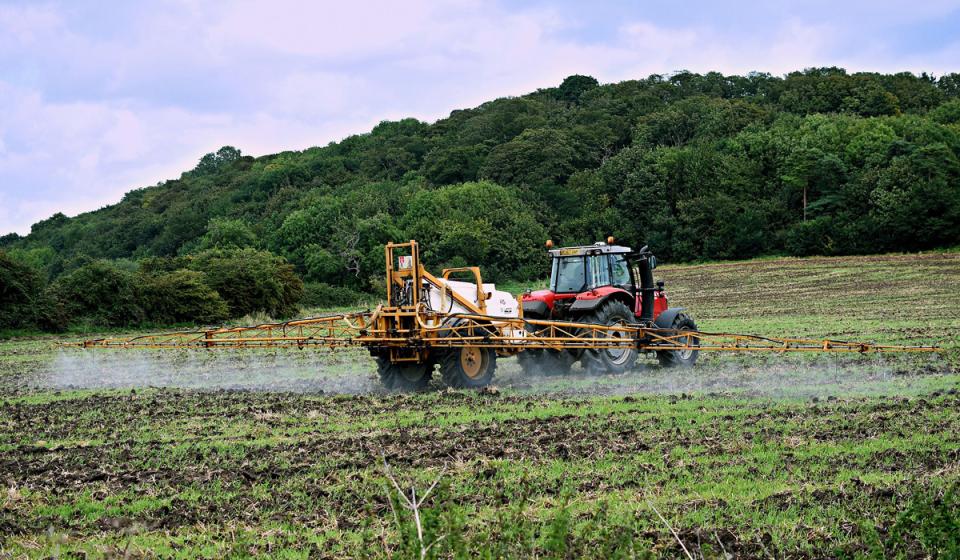Imperialism has significantly shaped the global agricultural landscape. This blog aims to examine the current connection of neo-imperialism and its impact on sustainability, which creates a systemic paradox1. For instance, while Europe has taken steps towards sustainable agriculture by banning certain pesticides like Chlorpyrifos (which has potential neurological effects in children2), these same products are still produced within the EU and sold in non-EU countries. This complexity is the result of historical legacies that persist in shaping economic and environmental challenges worldwide. In exploring the intricate ties between neo-imperialism and sustainable agriculture, this blog delves into the paradoxes and legacies of imperialism that shape global agricultural dynamics.
The roots of Neo imperialism
The era of imperialism marked a significant transformation in agricultural practices worldwide. European powers, seeking to capitalize on their colonies, introduced large-scale farming of cash crops such as tea, cotton, and sugar. For millennia, the intricate interplay between agriculture and food has been a cornerstone of cultural diversity. However, the relentless march of capitalism since the fifteenth century has disrupted this delicate balance, with commodification eroding the biophysical foundations of farming. Localized ecological knowledge, managed diversity, and regionally rooted cuisines are giving way to profitability5.
This shift disrupted local food systems and economies, prioritizing export over local needs and setting the stage for today's global agricultural imbalances. Imperial powers exploited both natural and human resources to maximize profits from their colonies. The introduction of plantation systems led to intensive monoculture, which depleted soil fertility and reduced biodiversity. This exploitation also extended to local populations, who were often forced into labor, creating a system that valued output over the well-being of people and land2.
Following independence, many nations continued the agricultural policies established during colonial rule, focusing on export-oriented agriculture to drive economic growth. This reliance has made them vulnerable to market fluctuations and has often perpetuated economic disparities and food insecurity2.
The contemporary agricultural landscape is now marked by the paradoxical logic of increased market distance (the location where a crop is grown and where it can be sold), reduced diversity and externalized costs. Food has transitioned into a de-spatialized commodity, accessible primarily through financial means4. The repercussions of this transformation ripple through small farm livelihoods globally, exacerbating rural poverty and fueling migration. In essence, the dynamics of contemporary agriculture and food systems play a pivotal role in global inequality and ecological deterioration, impacting not just agricultural production but the entirety of life. Recognizing their imperial roots and understanding the worsening imbalances, especially under neoliberalism, is vital for shaping endeavors toward a more equitable and sustainable world5.
The Green Revolution: A Neo-Imperialist Extension?
The mid-20th century Green Revolution introduced high-yielding crop varieties and chemical inputs aimed at increasing food production. However, it also led to increased dependence on Western technology and agrochemicals, echoing imperial dynamics of control and dependence3,4. Vandana Shiva's critique in "The Violence of the Green Revolution," underscores the ecological repercussions of intensive chemical use on soil, water, and biodiversity. Shiva contends that the Green Revolution, ostensibly aimed at addressing food scarcity, exacerbated social and economic disparities, favoring large landowners and contributing to rural indebtedness5.
Today's sustainability efforts grapple with the outcomes of imperialist agriculture, including soil degradation, loss of indigenous knowledge, and a skewed global market that favors wealthy nations4. Efforts to transition to sustainable practices must contend with these deeply rooted issues. In essence, the dynamics of contemporary agriculture and food systems play a pivotal role in global inequality and ecological deterioration, impacting not just agricultural production but the entirety of life. Recognizing their imperial roots and understanding the worsening imbalances, especially under neoliberalism, is vital for shaping endeavors toward a more equitable and sustainable world4,5.
References
1 Dr. Silke Bollmohr and Susan Haffmans and By (2022) Imports and exports: Banned but sold anyway: Heinrich Böll stiftung: Brussels Office - European Union, Heinrich Böll Stiftung | Brussels office - European Union. Available at: https://eu.boell.org/en/PesticideAtlas-imports-exports.
2 Coloniality of power and Eurocentrism in Latin America. Available at: https://journals.sagepub.com/doi/10.1177/0268580900015002005.
3 Colonialism versus imperialism - Barbara Arneil, 2023 - sage journals. Available at: https://journals.sagepub.com/doi/10.1177/00905917231193107 .
4 Cultures and imperialisms - researchgate. Available at: https://www.researchgate.net/publication/261561871_Cultures_and_Imperialisms.
5 Shiva, V. (1991) The violence of the Green Revolution: Ecological degredation and political conflict. Zed.



